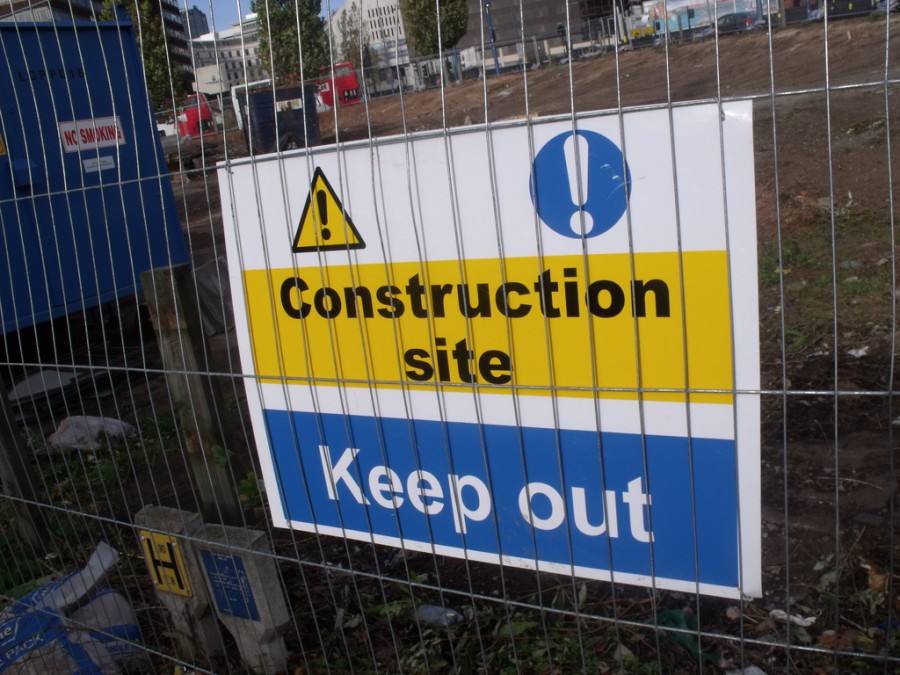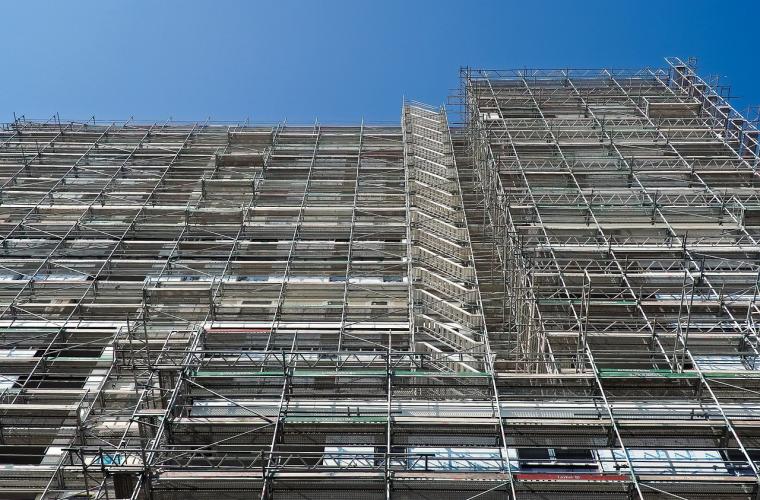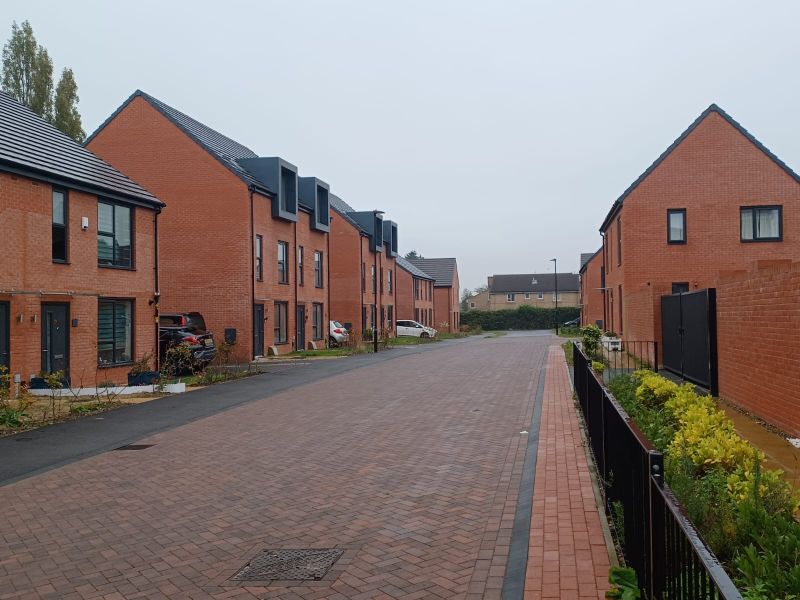Glenigan, one of the construction industry’s leading insight experts, has released the October 2023 edition of its Construction Index.
The Index focuses on the three months to the end of September 2023, covering all underlying projects with a total value of £100m or less (unless otherwise indicated, with all figures seasonally adjusted).
It’s a report that provides a detailed and comprehensive analysis of year-on-year construction data, giving built environment professionals a unique insight into sector performance over the last 12 months.
Frustratingly, the October Index sees a weakening in project-starts, extending the general downturn registered through Q.2 and Q.3 2023. Overall, the value of underlying work starting on-site fell 16% against the preceding three months to stand 32% lower than a year ago.

Whilst growth in civil engineering starts represents some small silver lining in an otherwise disappointing set of results, this positive sign will likely be short-lived as the overall future of HS2 hangs in the balance. Furthermore, this bright spot is tempered by a generally gloomy outlook for the sector, with poor performance recorded across residential and non-residential verticals.
It paints a bleak short-term picture for the UK construction industry. Increased pressure on household budgets, coupled with soaring interest rates, continues to negatively affect consumer confidence. This has led to unease among investors in consumer-related verticals, significantly delaying project-starts across the UK.
Moreover, imminent regime change at the top of the UK Government has dampened public sector activity in areas such as education and health, pushing starts down further.
Commenting on the findings, Glenigan’s Economic Director, Allan Wilen, says, “Many will be disappointed to see performance levels declining further, after an extremely tough six-month period. Given the persistent economic and political uncertainty it’s hardly surprising. With sky-high interest rates denting confidence, the Government is spending thriftily, holding back investment in public sector areas until a degree of certainty returns to the economy. This is not being helped by the prospect of a hotly contested election within the next 12 months, which may see a change in administration. This will potentially usher in a period of purdah, delaying approvals and contract awards, further stifling activity. It’s already having a significant knock-on effect on a number of verticals, including education and health output, dampening overall construction-starts.”
He continues, “The current furore surrounding HS2, and the real risk of its cancellation will no doubt strike another hammer blow, not just for infrastructure but many verticals where associated developments have already been given approval. The sector will need to brace itself for a depressed Q.4, with recovery unlikely until the new year.”
Taking a closer look at the sector verticals and UK regions…
Sector Analysis – Residential
Residential project-starts weakened significantly during the three months to September. The value fell by 10% against the preceding three months to stand 26% lower than a year ago.
Similar to the September Index, social housing project-starts also suffered, declining 13% against the preceding quarter and 37% compared with 2022 levels.
Private housing construction-starts performed poorly against the preceding quarter (-10%) to stand 23% lower than the previous year.
Sector Analysis – Non-Residential
Most non-residential sectors experienced sharp declines in project-starts during Q.3, including education and health which weakened by 35% and 25% against the preceding quarter, respectively. Education project-starts tumbled 13% on the previous year while health work commencing on-site dropped 24%.
Office project-starts also faltered, continuing a downward journey observed in Q.3, with project-starts declining 22% against the preceding three months as well as 41% compared with the year before.
Continuing their steady decline, industrial (-38%) and retail (-14%) performance decreased against the preceding quarter, suffering falls of 62% and 44% respectively against the previous year.
Hotel & leisure experienced a poor period, decreasing by 26% against the preceding three months and 44% against the previous year.
Civil engineering was the only non-residential sector vertical to experience a value increase against the preceding quarter. Project-starts performed well against the preceding quarter, increasing 8%. This growth can be largely attributed to the value of infrastructure work starting on-site, which increased 48% against the preceding quarter but remained 13% down on the previous year. Utilities starts declined 32% against the preceding three months to stand 49% down against the previous year. Overall, civils starts were down 28% on a year ago.
Regional Analysis
Overall, UK regional performance was poor, with most regions suffering declines in project-starts.
The North East and the East of England experienced the greatest falls in project-starts against the preceding quarter, falling 36% and 33%, respectively. Both regions also dipped on the previous year, declining 19% and 29%.
The East Midlands suffered the worst performance of any region against the year before, falling down 52% compared with 2022 levels, while the value of work starting on-site slipped back 31% on the preceding quarter.
The West Midlands also performed particularly poorly, with project-starts falling 23% against the preceding quarter to stand 49% lower than a year ago.
The value of starts in the South East declined 17% against the preceding three months and remained 29% down on the previous year.
Project-starts in both Northern Ireland (-27) and Wales (-15%) weakened against the preceding three-month period, slipping back 37% and 27% against a year ago, respectively.
This was also the case in Scotland, which experienced a decrease against both the preceding three months (-6%) and the previous year (-32%).
Yorkshire & the Humber and the North West suffered falls in project-starts against both the preceding three months and previous year.
More positively, London posted a relatively strong performance, with project-starts increasing 10% against the preceding quarter but remaining 5% down against the previous year.
Work starting on-site in the South West remained unchanged on the preceding quarter but was down 36% on the year before.
To find out more about Glenigan and its construction intelligence services click here.




















